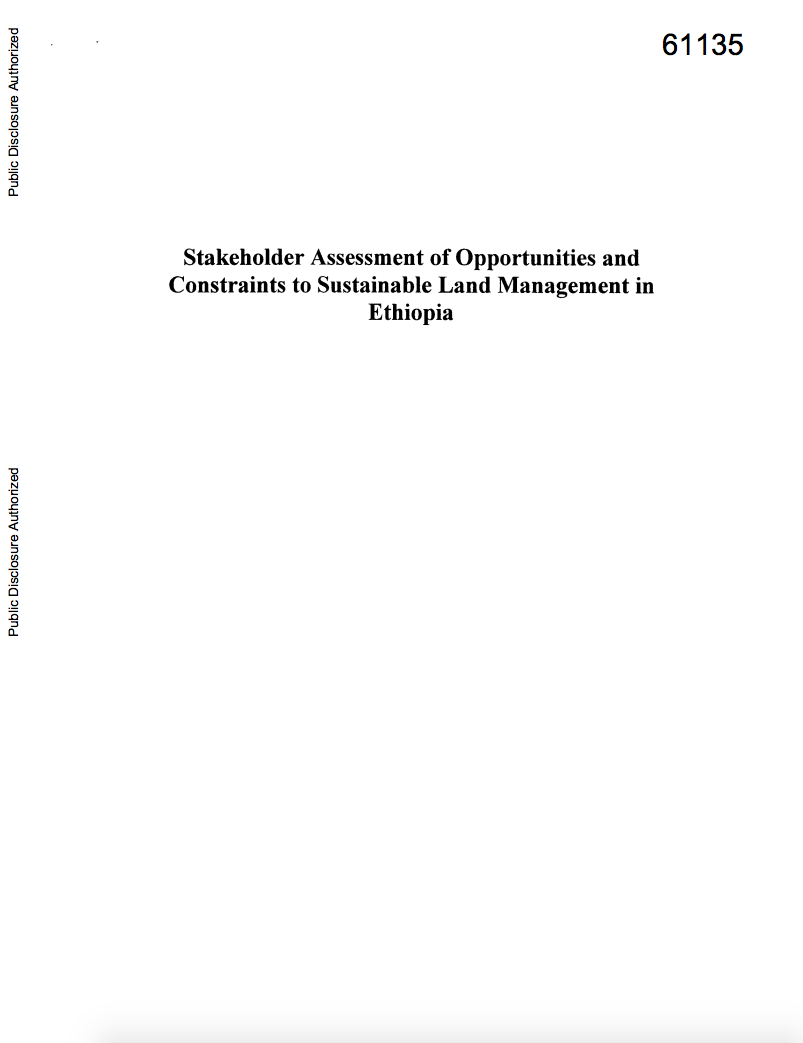Land Value Capture in Urban DRM Programs
Risk-sensitive land use planning is
vital for sustainable economic development and effective
Disaster Risk Management (DRM). Urban development programs
should adopt risk-sensitive land use planning to encourage
resilient development guiding the growth of people, assets
and services within and away from hazardous zones. Many East
Asia and the Pacific (EAP) countries have national land use
policy and local plans which incorporate risk assessments;


